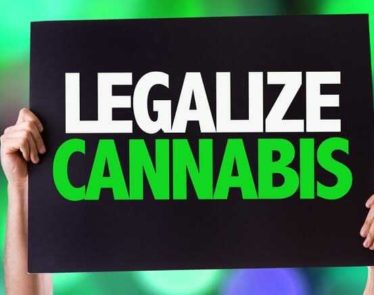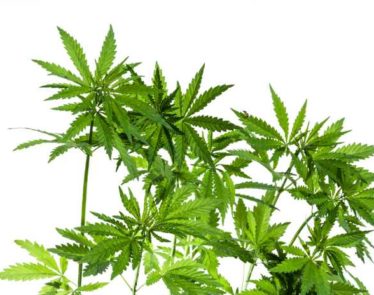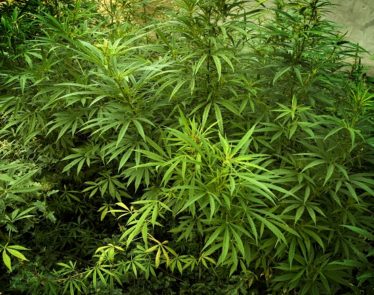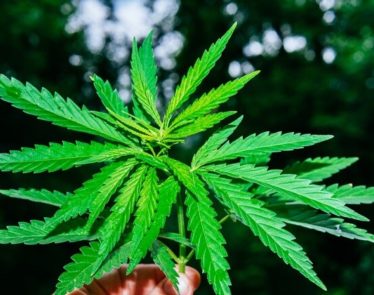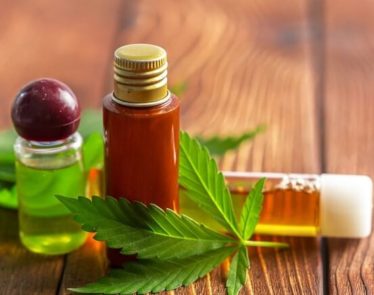
The World Health Organization (WHO) presented its most recent findings on cannabis to the Commission on Narcotic Drugs (CND) on December 5th in Vienna.
The significance of this is global, meaning big things for the cannabis industry. Should the CND view favorably on the findings, then we may see cannabis rescheduled within the UN.
The WHO and Cannabis
The WHO’s Expert Committee on Drug Dependence, or ECDD, held meetings earlier in 2018 in which its members reviewed marijuana and marijuana-related substances. Comprised of independent experts, the ECDD assesses “the health risks and benefits of the use of psychoactive substances.” It then reports to and advises the UN's secretary-general and the CND accordingly.
Their expertise helps to decide certain factors surrounding a substance such as:
- Placing a substance under international control
- The type of schedule or control that certain drugs should be placed under
- Rescheduling—increasing or decreasing control measures—substances from one schedule to another
- Removing control measures (de-scheduling) surrounding a substance
- Whether monitoring a substance is necessary
Cannabis and the UN
Marijuana is currently placed in the strictest schedule, meaning its use is only permitted for medical and scientific purposes. It is also strictly monitored when used in those instances. But all this could change depending on how the CND react to the WHO's findings. The WHO is looking to change the following statuses within the UN Drug Control Conventions:
- Cannabis plant and resin
- Extracts and tinctures of cannabis
- Delta-9-tetrahydrocannabinol (THC)
- Isomers of THC
>> Hemp Stock: Hemp Inc Announces Hemp Farming Now Legal in New Mexico
CBD
In particular, CBD is high on the WHO's list. Back in June, the group announced that products containing pure CBD should not be controlled under international drug treaties simply because "to date, there is no evidence of recreational use of CBD or any public health-related problems associated with the use of pure CBD." Further, the WHO believes it doesn't show any potential for addiction or abuse.
The UN will vote on the recommendations in March 2019.
International Drug Control Conventions
One major benefit of changing cannabis' status within the international drug control conventions, is easier trade. This means improved access for patients and a better platform for research. The move to change cannabis status within these conventions would be historic and will open up industry doors.
Featured Image: Depositphotos/© bbbbar







